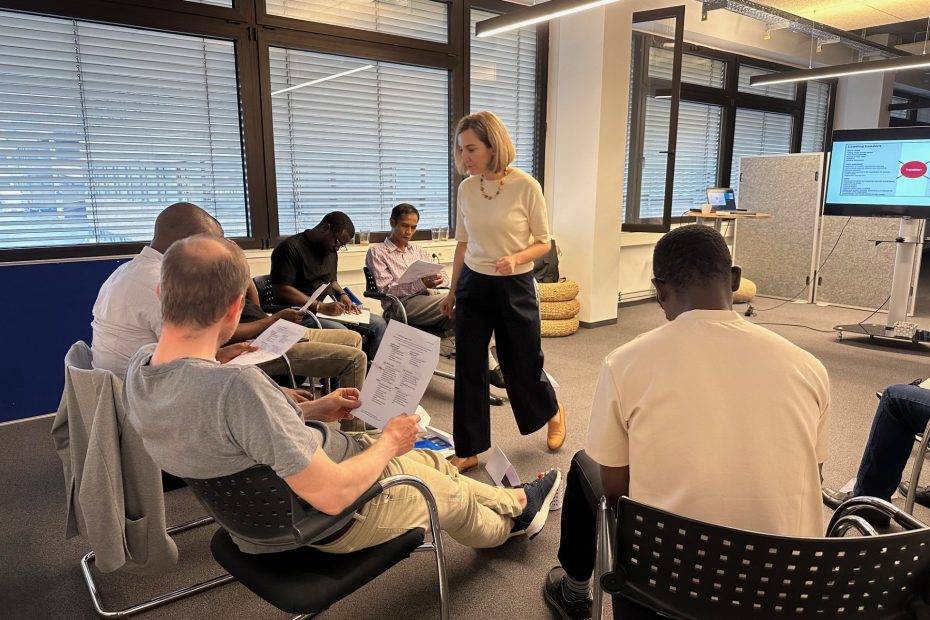Active listening is one of the most underestimated leadership skills. Many leaders believe they are listening — yet their teams feel unheard, disengaged, or even shut down. This case illustrates how coaching helped one senior manager discover the true power of listening and transform his team’s dynamics.
My client, a senior manager, was successful on paper: intelligent, ambitious, and experienced. Yet, he faced a persistent challenge — he couldn’t connect with his team.
Sometimes there was open friction. Other times, the silence was even more damaging: team members stopped contributing, withheld ideas, and disengaged in meetings.
Discovery During Coaching
In our sessions, we examined his communication style. Quickly, one key pattern emerged: he wasn’t really listening.
Not because he was dismissive or rude. In fact, he believed he was paying attention. But as he admitted:
“I often already know what they’re going to say… so I tune out. Or I get bored when someone takes too long, and I’ve heard that story before.”
Instead of being present, he predicted conversations, mentally fast-forwarded, or prepared his response before the other person finished. The result? Missed connections, frustrated colleagues, and a breakdown in trust.
The Coaching Process
We began by raising awareness. He started observing himself:
- When exactly does he stop listening?
- What triggers it — stress, boredom, assumptions?
- How does his lack of presence impact the other person?
The turning point came when he committed to practicing transparency. During conversations, whenever he noticed his mind drifting, he would pause and say:
“I realize I just drifted off for a second — can we rewind so I fully understand what you’re saying?”
This honesty, though uncomfortable at first, was powerful. It made him more conscious — and showed his team that he was human, willing to improve, and genuinely cared about understanding them.
The Transformation
Over time, his small changes added up:
- He stayed present longer in conversations.
- He asked clarifying questions and paraphrased what he heard.
- His team opened up and shared more ideas.
- Conflicts that previously escalated were resolved through dialogue.
Most importantly, trust was rebuilt. His team began to feel valued, respected, and truly heard.
Key Lessons from the Case
- Listening is Presence, Not Preparation
True listening means resisting the urge to mentally finish someone’s sentence or prepare your reply. - Assumptions Break Connection
Even when you think you “know” what someone will say, acting on that assumption shuts the door to deeper understanding. - Trust is Built in Small Moments
Simple actions like slowing down
Reflection for Leaders
Ask yourself:
- When do I stop listening?
- Do I sometimes assume I know what someone will say and tune out?
- Am I preparing my answer before the other person has finished speaking?
If yes — you’re not alone. But awareness is your signal to grow.
Listening is not passive. It is an active, learnable leadership skill. As this case shows, when leaders truly listen, they unlock deeper trust, stronger engagement, and more resilient teams.
